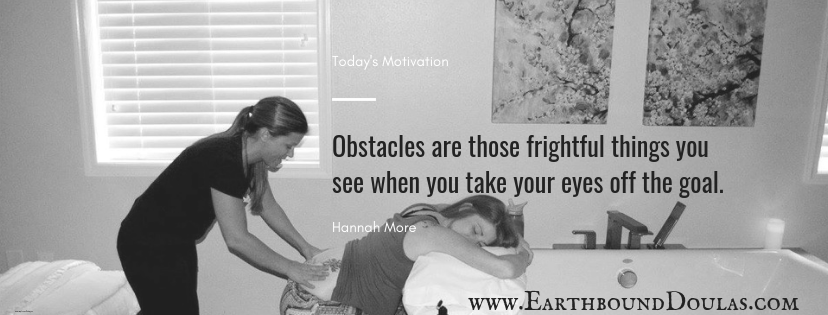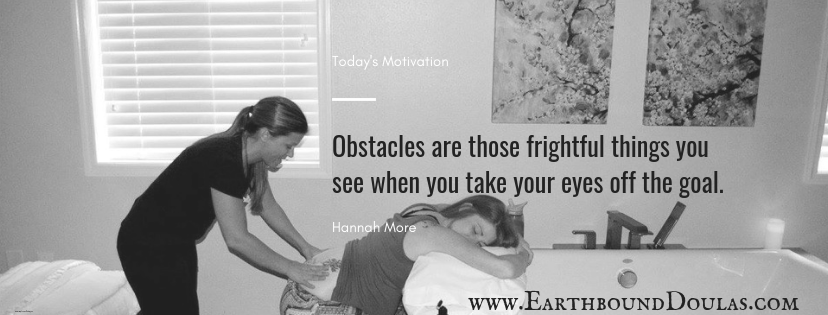|
An anterior placenta is a placenta located on the front of the uterus. Most of baby’s small limb movements may be hidden behind the placenta.
What is the effect of an anterior placenta on fetal positioning? The anterior placement of the placenta may increase the chance of posterior presentation. Babies can also be anterior with an anterior placenta. How? Abdominal tone, when loosened, may allow the baby to turn from the placenta and face the mother’s back. A gentle Rebozo sifting (Manteada) may help baby be anterior when repeated regularly. Be Gentle, please. Take care of your placenta. Eat greens, easy to digest proteins (peanut butter and processed meat is not easy to digest) and salt to taste, whole grains and butter or avocados, almonds, and other “smart” fats rather than corn oil or fried fats. Take care of your placenta. Don’t jolt your pregnant body by dropping into forward-leaning inversion suddenly. Wear a seat belt. Avoid smoking and drugs that may harm the placenta and baby. Every Mother Counts, Natasha
0 Comments
 Carrier screening is a simple blood test that can be ordered through your doctor and will provide information to you and your partner about the risk of having a child with a genetic disease. Many people choose to have this testing either while trying to get pregnant or during early pregnancy. Why get carrier screening?Did you know that you or your partner could be a carrier of a genetic disease, even if no one in your family is affected? In fact, most people don’t know they are carriers until after they’ve had screening because typically carriers don’t have symptoms. Everyone has two copies of each gene, one from their mom and one from their dad. Being a carrier means that one copy of a gene has a change, called a mutation, which causes it to not work properly. Carriers still have one working copy of the gene, so they typically do not have any health problems associated with carrying a mutation and may not realize they are a carrier. Being a carrier, however, means there is an increased chance that your child could be born with a genetic disease. For so-called ‘recessive’ diseases, both parents must be carriers in order to have a child with that particular disease. Some genetic diseases are relatively common and carrier screening may be offered to you, regardless of your ethnic background, while other diseases are common in only certain ethnicities. Listed below are examples of recessive diseases, along with the particular ethnicity in which they are most common:
Carrier screening can provide parents with valuable information to help them understand their risk of having a child with a genetic disorder, and make the best decisions for their family. Talk to your doctor today to find out if carrier screening is right for you. Read moreSources
 Moroccan spiced lentilsLentils are your one-stop-shop for folate, and ginger has been discussed as a fertility booster for years and years and years. It's like the perfect fertility recipe! Moroccan spiced lentilsLentils are your one-stop-shop for folate, and ginger has been discussed as a fertility booster for years and years and years. It's like the perfect fertility recipe!Ingredients
Directions
How can I boost my fertility?Getting pregnant isn’t easy, but there are things you (and your partner) can do to boost your fertility and your chances of conceiving each cycle? Having regular intercourse will certainly help, but there are a variety of other ways to help your body get to its most fertile state.
Total healthYour general health and fertility health are more closely related than you might think: fertility is just one component of your total body health, after all. Increase your chances of conceiving and prepare your body for a healthy pregnancy by keeping your general health strong. Be sure to get enough sleep, stay active, and maintain a healthy diet. Sleep Your body rebuilds and recovers while you’re sleeping, so getting enough rest is very important to maintain the timing of your menstrual cycle. In addition, your body produces the hormone leptin while you are asleep. Leptin helps regulate your cycle and ensure that you ovulate and menstruate. Getting enough sleep will also help to prevent or manage stress, which can seriously hamper fertility. Ovia starts you out with a sleep goal of 8 hours each night. Activity Another key piece of your general health is physical activity. Staying active is important for keeping your body strong (which you’ll need when you’re supporting a baby during pregnancy) and managing your weight. Regular exercise can help you manage stress, which can often affect your cycle. Women who are trying to conceive should make sure to stay active, whether that’s by walking, lifting weights, doing yoga, or anything else. We recommend getting at least 30 minutes of activity each day. Nutrition The human body is a well-oiled machine, and like all machines, it needs the highest-quality fuel possible to run at its best. Processed and fried foods, alcohol, and low-fat dairy products, among others, can have a considerable negative effect on your fertility. You need lots of folate, Vitamin C, and other healthy nutrients to keep your ovulation as regular as possible. Keeping to a diet high in fruits, leafy greens, and lean proteins (salmon, eggs, chicken, etc.) is sure to get your body as fertile as possible and prepare you for pregnancy. Weight Having both too high and too low a weight has a considerable effect on fertility. Women who are overweight may notice irregular ovulations and are more likely to experience the condition of infertility known as Polycystic Ovarian Syndrome (PCOS). Those who are significantly underweight also face a more difficult road to pregnancy, as it can seriously affect your hormonal balance and cycle regularity. Getting and keeping yourself at a healthy weight with the help of proper sleep, activity, and nutrition is a great way to help boost your fertility and chances of conceiving. Both partners matter! In cases of infertility, both partners are often equally likely to contribute to difficulties conceiving. For example, approximately ⅓ of cases of infertility affect the woman only, while ⅓ affect the man only, and the other ⅓ have unknown causes. The very same things that can help or harm your fertility can also affect your partner’s. On the negative side, being overweight or overly stressed, smoking and drinking alcohol, and using drugs can hurt fertility; on the positive side, getting proper sleep, activity, and nutrition can boost fertility. Getting pregnant is a game for two, so it’s important that both you and your partner keep yourselves as healthy and fit as possible as you try to conceive. Keeping your general health strong is a vital but often overlooked part of conceiving. All of the sex positions, oil-based lubricants, and fertility dances in the world won’t help you get pregnant if your general health is not where it should be. Read moreSources
|
Archives
November 2016
Categories |



 RSS Feed
RSS Feed


